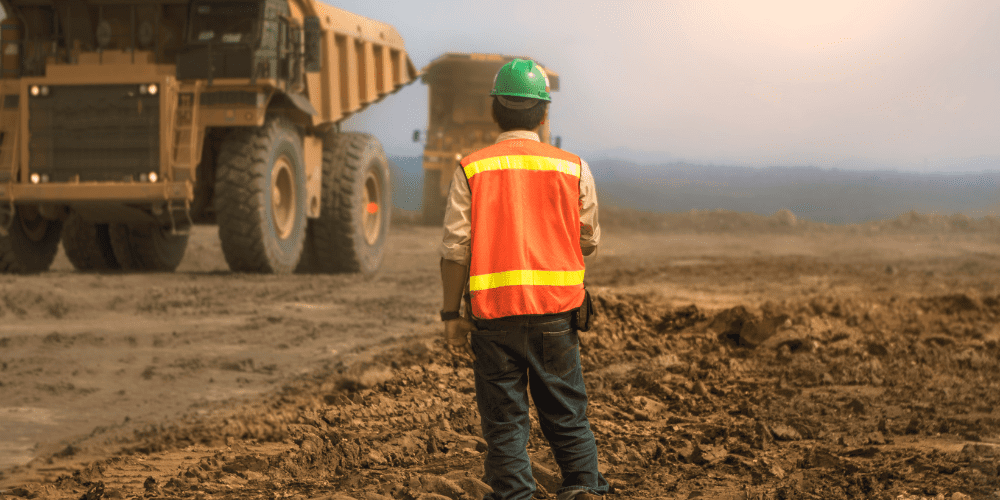3 ways social value software will change the face of construction
The construction industry has undergone a lot of change in recent years. And this year looks to be no different. After plenty of disruption due to the pandemic, and more recent cost-of-living and supply chain challenges, 2023 is hard to predict. But one thing is for certain: sustainable construction is here to stay.
Everyone involved in a project has to rethink their approach. Architects, planners, engineers, buyers, and builders are all looking for ways to do better. This is why we predict social value software will become a vital part of construction’s future.
Today, we’re looking at three ways it has the power to change construction for the better.
Sustainable design
For decades, the main consideration for construction projects was cost. Suppliers had to identify the most cost-effective way to deliver. But fast forward to today, and construction projects must perform in a number of different ways.
As well as being cost-effective, there’s also pressure to create built environments that perform environmentally and socially, too. Communities don’t want a public library that is quick and efficient to build. They want one that’s going to make a significant difference to local employment and wellbeing. As well as one that isn’t going to be detrimental to the planet.
Creating buildings that are energy-efficient, accessible, built to last, and provide ample social benefits starts with design. And social value software provides suppliers with critical insights earlier in the design process about all the impacts their projects will have.
With quick visualisation of their performance targets and progress, everyone involved can make informed, quick decisions. An architect can quickly see the environmental cost of using one material over another. They can quickly forecast how a new residential building will bring cross-generational public benefit and mitigate climate change, while also keeping to budget, for example.
And with this valuable oversight made available from the early design stages, suppliers can ensure the most sustainable, socially valuable end result.
Meeting new and future regulations
The race to combat climate change is ramping up. And construction providers are under more pressure than ever to reduce their impact on the environment. Governments are creating stricter regulations to meet urgent sustainability goals. So, to stay compliant, suppliers need a reliable, robust process for monitoring their impact through the entire project lifecycle.
In the UK, new homes need to produce 30% less CO2 emissions. Thoughtfully designing new neighbourhoods, installing solar panels, and opting for more sustainable building processes are all great steps to take.
But project teams also need to be able to track whatdifference these actions are making. To draw a clear line between the decisions they’ve made and the impact it’s had on the environment – both for better and worse.
Social value software allows teams to compile data from many sources. And to compare all of it to build the full picture of a project’s emissions and impact – from initial design and planning through to completion and handover.
Connecting teams
Creating high-quality buildings, communities, and cities will take a team effort. It’s more than just one supplier doing the right thing. Which is why we can’t afford to have critical social value data siloed off to specific teams or individuals.
Social value software encourages a more collaborative, interdisciplinary approach. It allows architects, planners, builders, and buyers to all pull together in the same direction. All connected by real-time, data-driven insights.
Cloud-based tools allow teams to share data and progress with ease. To collaborate better to achieve complex social outcomes. Rather than waiting weeks for one team to send over forecasted emissions data, everyone has access to it in real time. If everyone can access and act upon the right data, we can expect more productive dialogues between all parties. Which will only work to improve the quality of future communities.
Amidst supply chain and cost pressures, sustainability remains central to the future of construction. Social value software will help all suppliers keep this as a priority, putting all the necessary data and information at the fingertips of every project team.
Impact allows organisations to quantify their efforts against an unlimited range of social, environmental, and governance disclosures. Benefit from streamlined data capture, visualisation, and reporting, and measure, monitor, and analyse the social impact of your projects like never before. To find out more, schedule a demo or get in touch with the team on 0161 532 4752.

